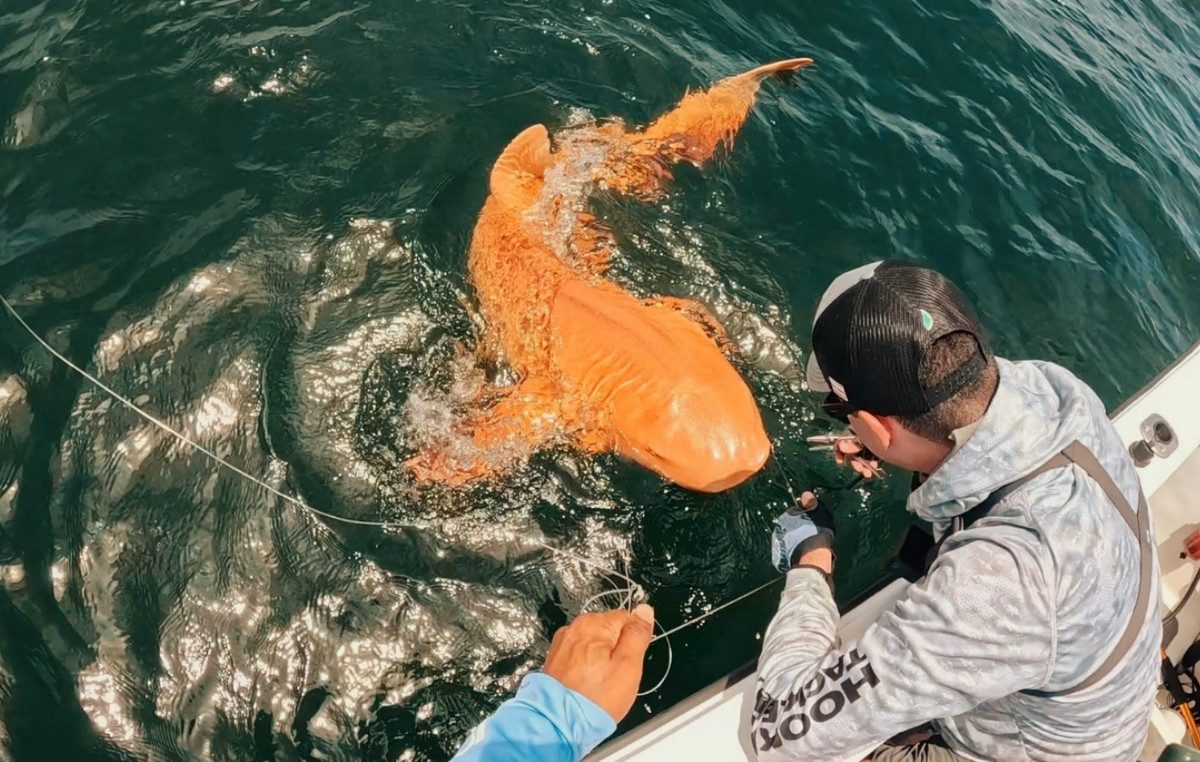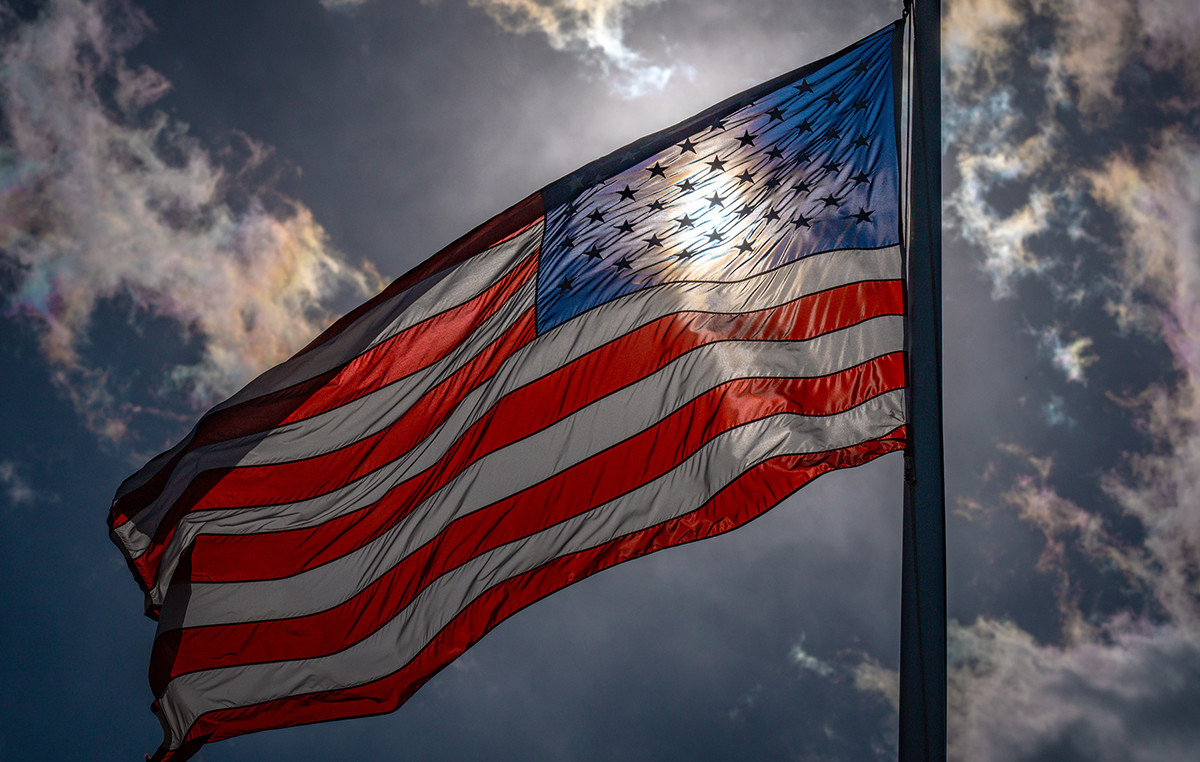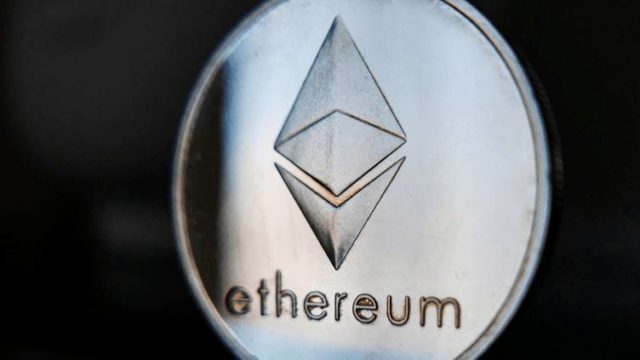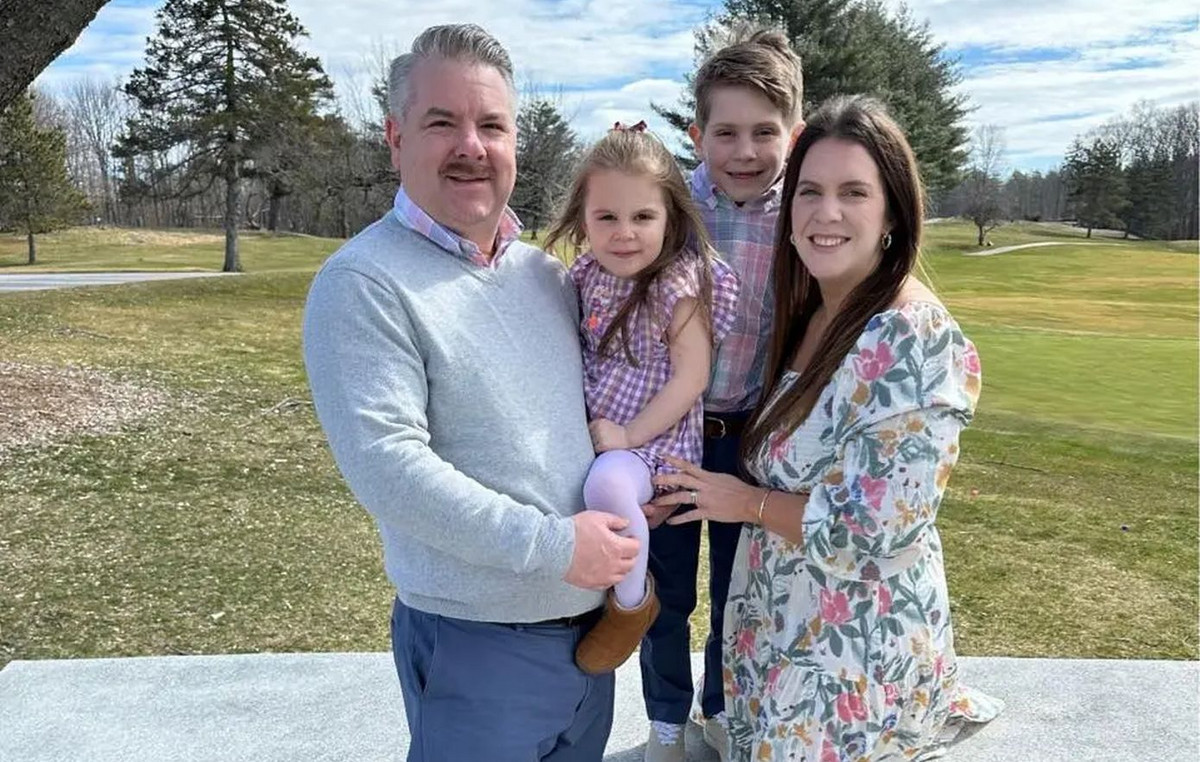With a troubled relationship between agribusiness and President Luiz Inácio Lula da Silva, the Minister of Agriculture, Carlos Fávaro, says in an interview that the environmental issue will have priority treatment, because it is necessary to produce sustainably to guarantee longevity to agricultural production.
“This is the message I will carry: let’s fight environmental crime with strict command and control.”
Below are excerpts from the interview:
- What will be the priorities in the first 100 days?
I’m going to work on rescuing the image of Brazilian agriculture, seek some solutions that are fundamental for the good development of Brazilian agriculture. We have highly qualified and prepared employees who think strategically about agribusiness.
The Budget will still be sanctioned by the Executive and shows a reduction of around 14% in the funds for Agriculture. Is there room for adjustment or do you already know what you will prioritize?
The Budget has already been adjusted. The Annual Budget Law (LOA) presented by the last government left the budget for agriculture 14% smaller compared to the previous year.
With the approval of the PEC (Proposed Amendment to the Constitution) of the Transition, we readjusted and, instead of reducing 14%, it grew by almost R$ 1 billion.
It is the best we can do with public resources for Brazilian agriculture and better than last year. We managed to double Embrapa’s budget. In 2022, 96.5% of the state-owned company’s budget went to payroll and funding; only 3.5% was left for research, technological innovation to improve Brazilian agriculture and livestock.
From BRL 150 million in 2022, Embrapa’s budget was BRL 300 million in 2023. We will work with Congress to receive parliamentary amendments with the proposal to receive an additional BRL 200 million.
- Still in relation to credit, in President Lula’s campaign there was talk of granting lower interest rates to producers committed to the environment. Can this proposal be seen in the next Safra Plan?
It’s not defined yet. We will have to work with the economic team, with the Ministry of Planning, with the Ministry of Finance, to find what is the possible interest rate to be equalized to producers. But always with the idea that producers with good agricultural practices, good environmental and social practices deserve a reduced interest rate.
- The main points of resistance from agribusiness to Lula’s candidacy were in relation to proposals for zero deforestation, demarcation of indigenous lands, security of private property and pesticides. What can the agro expect from the government on these issues?
Compliance with legislation. Regarding land invasion, President Lula has already made it very clear that the right to property and the right to land for men and women who have this vocation is in the Constitution.
We must respect the right to property. We can carry out agrarian reform on public lands and we can do it on private lands as long as there is the consent of the owner and compensation, as has already been done under President Lula..
Now, productive land, if invaded, is preserved by law and is not subject to agrarian reform. Justice orders the eviction to be carried out and the State complies. About the defensive ones, we have to work on the modernization of pesticides. We are all on the same side.
I do not want carcinogenic organophosphates used to combat pests to leave residues in food, not for me, for my family, not for my employees, much less for the Brazilian and world population.
We want the biodegradable, the biological, the selective. For that, we need to modernize the legislation.
- You have been talking about recovering Brazil’s image in the international market, especially with regard to sustainability. Will the Lula government seek, for example, to dialogue with the European Union about the environmental law that restricts the import of commodities linked to deforestation? Is this issue at the forefront of the government?
Much. And not because they demand it, but because it’s important to us.
Environmental preservation is the goose that lays the golden eggs of our production. It’s no use having suitable land, dedicated people, cutting-edge machines and seeds, if we don’t have rain and climate.
It’s not because the European Union or developed countries want to impose restrictions on Brazil, but because we have to think about producing sustainably to guarantee the longevity of our production.
It is this message that I will carry: let’s fight environmental crime with strict command and control.
On the other hand, we are going to open up alternatives: we want to expand, but with sustainability. Therefore, we will offer a line of credit and technology to producers. That message will arrive at the Green Agriculture Week in Berlin with more than 70 agriculture ministers from around the world.
- The environmental law proposed by the European Union poses challenges to Brazil. Will it be on the agenda of the portfolio’s trade and international relations area?
It will be. In a short time, we will present to President Lula and the Minister of the Environment, Marina Silva, a decarbonization program for some production chains to gain market sharegain space, earn income and seal of quality.
Source: CNN Brasil
A journalist with over 7 years of experience in the news industry, currently working at World Stock Market as an author for the Entertainment section and also contributing to the Economics or finance section on a part-time basis. Has a passion for Entertainment and fashion topics, and has put in a lot of research and effort to provide accurate information to readers.







